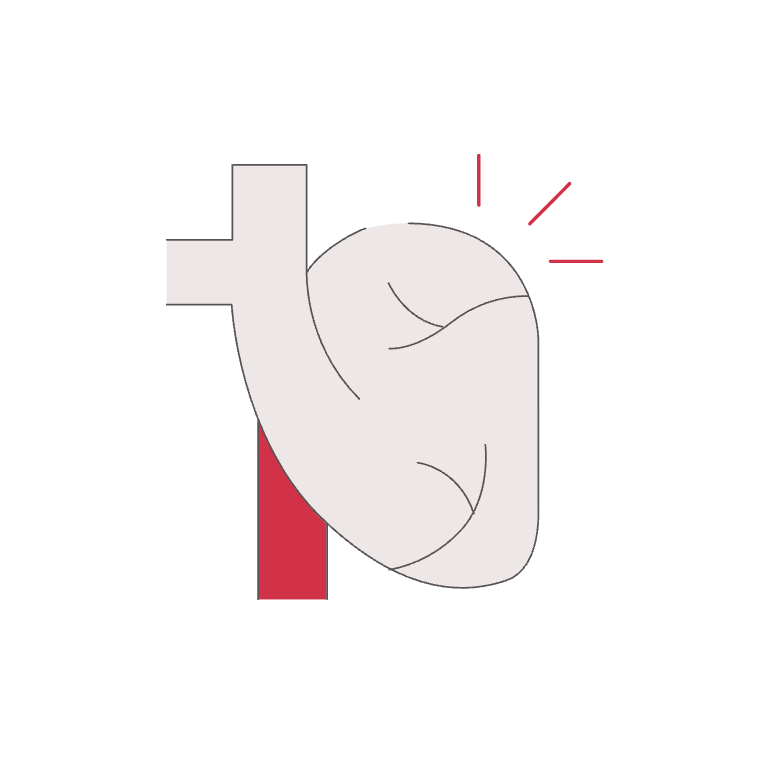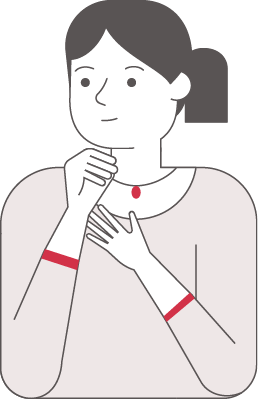How is HCM diagnosed?
HCM is usually diagnosed through a combination of your medical history, a physical examination, and specific tests.i
Your doctor may ask you to describe the symptoms you are experiencing and ask about your family history. It’s important to mention any family members who have heart issues or have experienced similar symptoms.ii
To diagnose HCM, your doctor will need to examine your heart and may perform several tests, including:ii
- Electrocardiogram (ECG): This records the electrical activity of your heart, helping doctors identify any abnormalities in the heart’s rate or rhythm.
- Echocardiogram (Echo): A heart ultrasound, this is the primary test for diagnosing HCM. It uses sound waves to take pictures of your heart, helping doctors to check if it is working properly.
- Magnetic resonance imaging (MRI): If an echo doesn’t provide enough information, an MRI can offer a detailed image of the inside of your body and help doctors examine muscles and organs and other structures.
- Genetic testing:If imaging tests show less thickening of the heart muscle walls, genetic testing may be done to check if HCM has been passed down to you by a family member.
- Exercise test: In this test, the heart activity and symptoms are monitored while undergoing a controlled exercise regimen.





